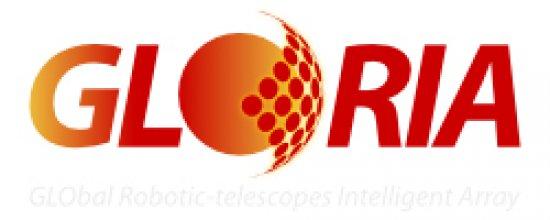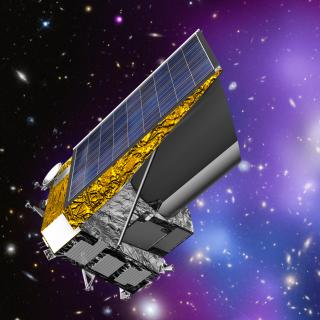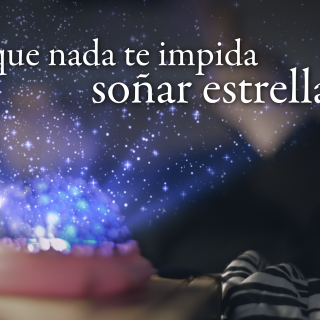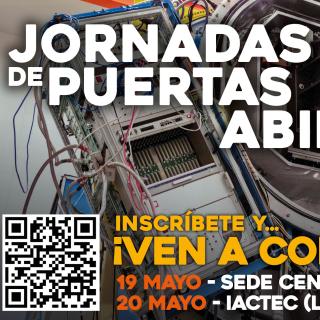The GLORIA Project (http://gloria-project.eu) is an international venture led by Spain whose object is to bring astronomy to any one with an internet connection. Allowing public use of a network of robotic telescopes, it also offers the opportunity to observe any area of the sky from one’s home. But, with the entire Cosmos at our fingertips, where to begin?
Personal Space (http://personal-space.eu), which was conceived under the aegis of GLORIA and is the result of a collaboration between astronomers and the Irish artist E. O. Boyle, suggests an answer.
‘Personal Space is an on-line invitation to connect with and explore the Universe in an intuitive way by showing beautiful astronomical images of a portion of the celestial vault on view at a given time and place in our lives,’ comments Alberto J. Castro-Tirado, the scientist heading the GLORIA Project and astronomer at the Instituto de Astrofísica de Andalucía.
‘Personal Space is a great tool for bringing astronomy to society in an amenable and entertaining way. Afterwards, those persons who are interested can carry on observing the sky through the telescopes of the GLORIA Project,’ explains Miquel Serra-Ricart, the astronomer responsible for the GLORIA at the Instituto de Astrofísica de Canarias (IAC).
Simply by keying in a date, time and place (for example, date and place of birth) via the web interface, the user can access the area of the sky that was overhead at that significant time and place in his life. It also enables users to check if ‘their’ area of sky overlaps with that of another user or with some historical event. The GLORIA scientists are building an archive of important historical events to be incorporated into the application.
The images of the archive come from the Sloan Digital Sky Survey and do more than just enable us to admire the beauty of the Cosmos. The tool also provides additional information on the constellations, stars, nebulae and galaxies, and acts as a springboard for additional exploration and inspiration.
GLORIA is a project of three years’ duration funden by the Seventh Framework Programme of the European Union (FP7/2007–2012), reference number 283783. The project, which began in October 2011 and involves thirteen institutions from eight countries, is led by Spain, where, apart from the IAC, the Instituto de Astrofísica de Andalucía of the Consejo Superior de Investigaciones Científicas (IAA-CSIC), the Polytechnical University of Madrid (UPM), the University of Málaga (UMA) and the Instituto Nacional de Técnica Aeroespacial (through the Centre for Astrobiology; CAB/INTA-CSIC) also participate.
FURTHER INFORMATION:
- Personal Space
- GLORIA Project website: http://gloria-project.eu/en/
- IAC Press release: The GLORIA Project enables internauts to opérate a telescope at the Teide Observatory
- Video about Personal Space
Contacts:
- Miquel Serra-Ricart, IAC: mserra [at] iac.es (mserra[at]iac[dot]es), 649848305 and 922605200
- Alberto J. Castro-Tirado, IAA-CSIC, ajct [at] iaa.es (ajct[at]iaa[dot]es), 958230500



